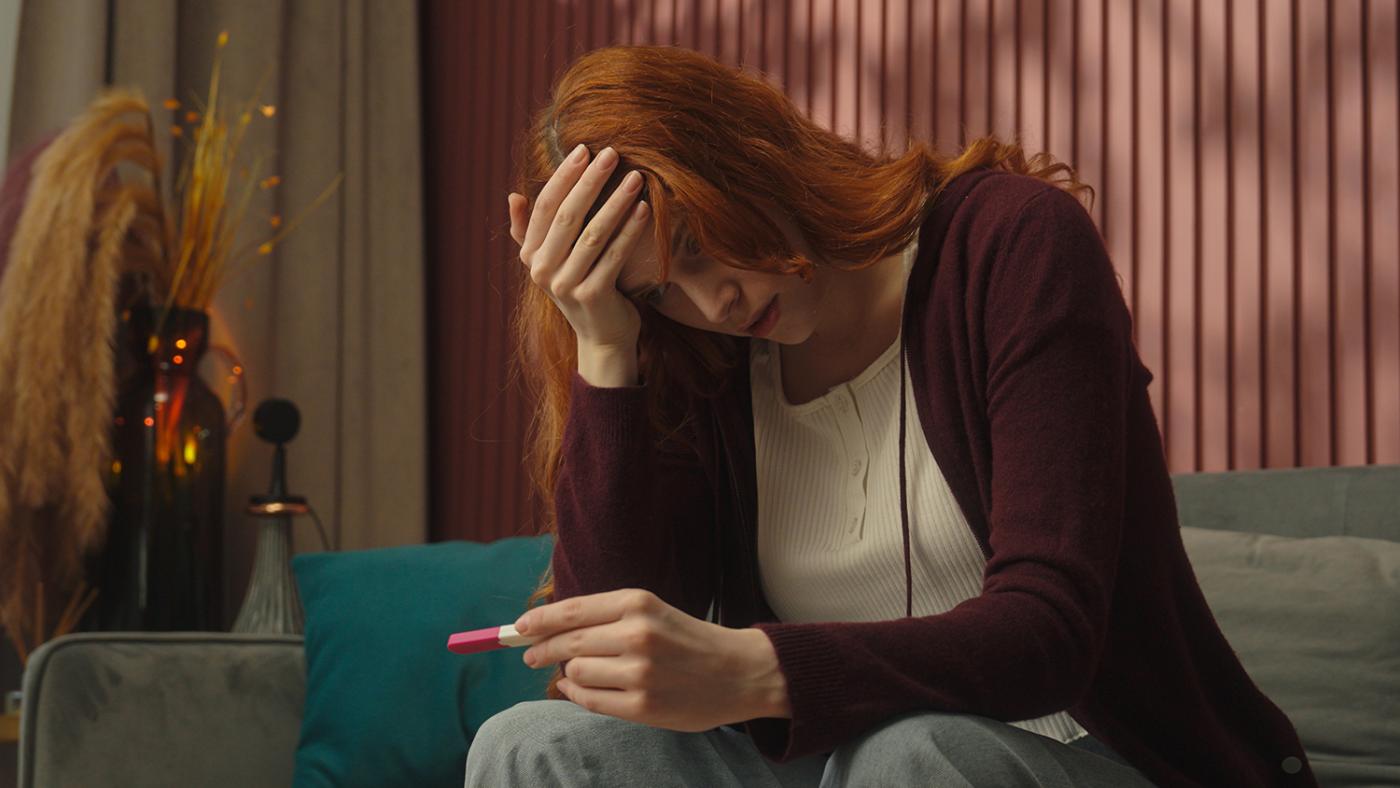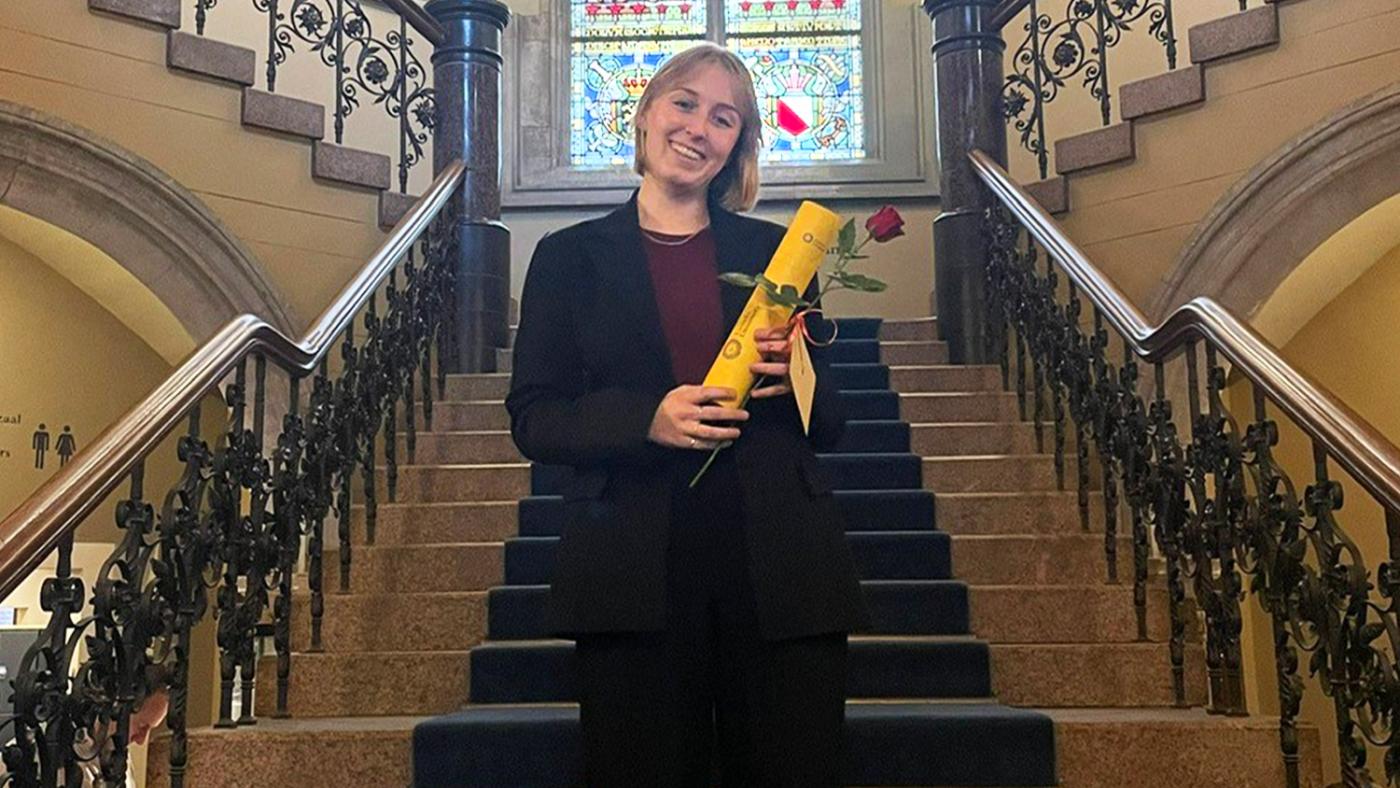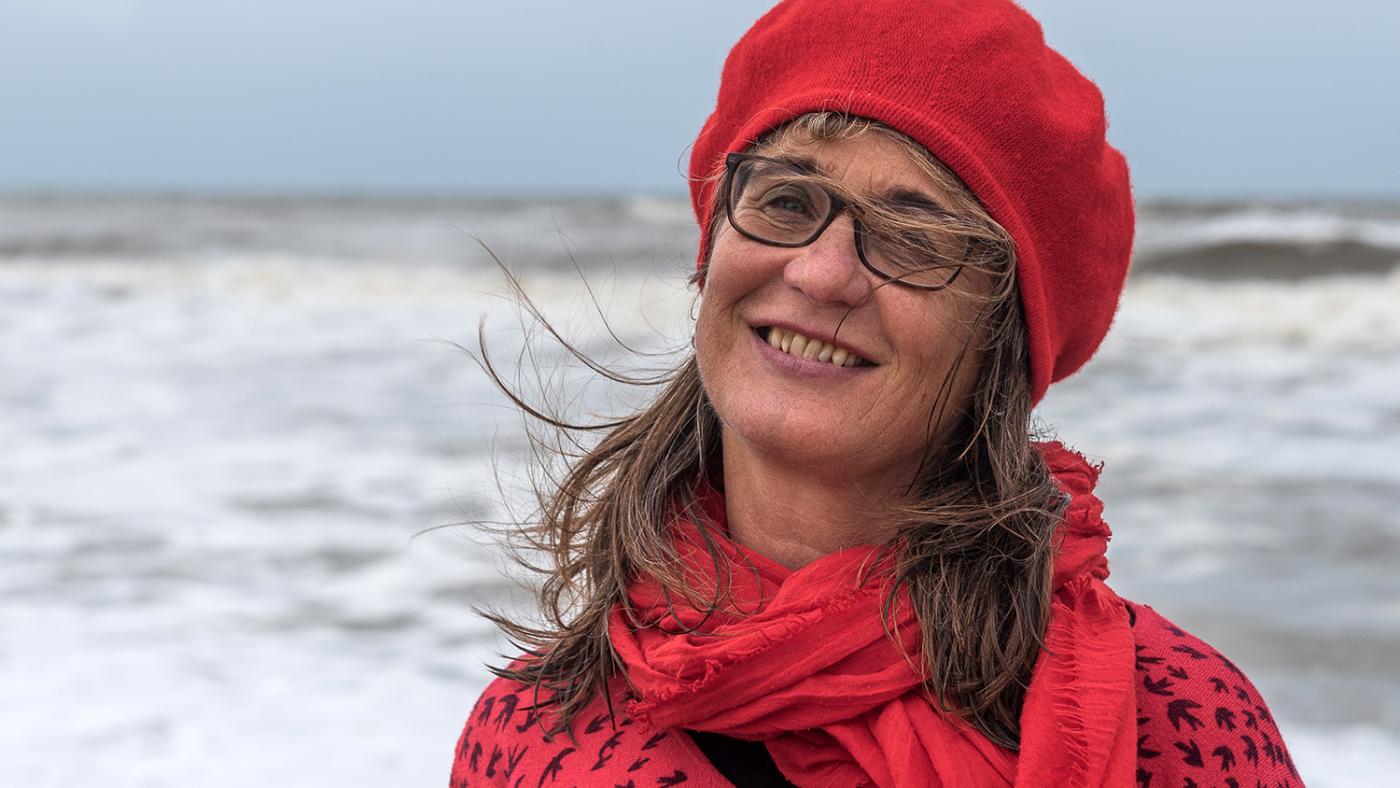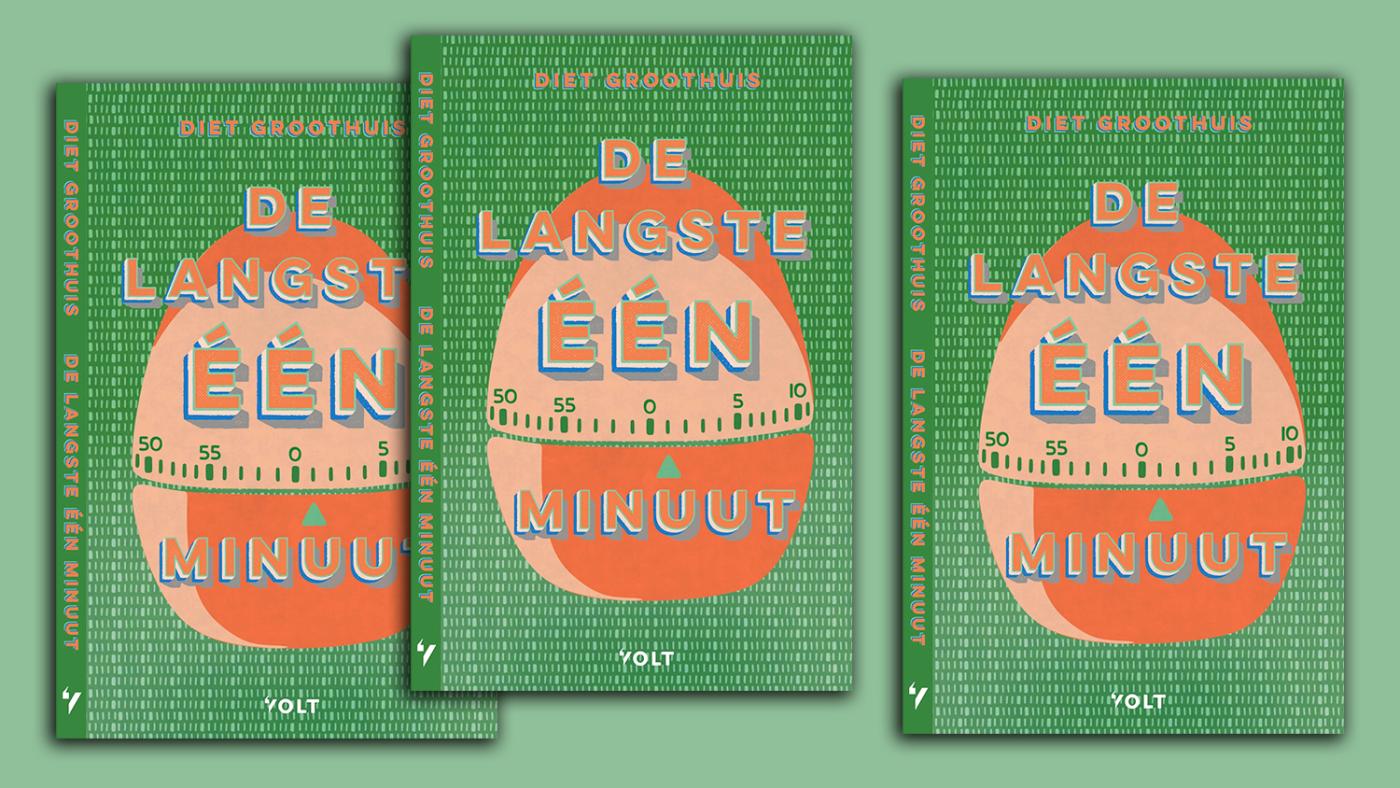Getting pregnant while in uni
‘You are not alone, abortions are more common than you think’

Three years ago, then UU student Maya decided to stop taking the pill. “I had been taking it since I was 16 and wondered who I was without those hormones,” she recollects. One year later, she got pregnant by a guy in her class, whom she was casually dating. He didn't want to use a condom, and she didn’t use any other contraceptives, such as an IUD. She took the morning-after pill after their first sexual encounter and then got started on the birth control pill again when her period came. A little while later, she found out she was pregnant.
Maya was not ready to have a child, so she decided to have an abortion. The guy she was dating was not there for her. “He was so overwhelmed by the situation he just didn’t deal with it. We were in the same class and saw each other three to four times a week, so I had to let it go. If I kept all that anger inside me, I wouldn’t enjoy my classes or learn anything.”

Maya on her graduation day. Photo: courtesy of the graduate
Helping out with a book
Maya was one of the women who helped writer Diet Groothuis (62) with her latest book, De Langste Één Minuut (The Longest One Minute), a young adult novel written in free verse about an 18-year-old student who has an abortion. The story is partly inspired by Groothuis’ own experience — she too got pregnant when she was a student at UU and had an abortion — but she also talked to several women who got pregnant at a young age to get inspiration for the book. Most of them had an abortion, while others carried the pregnancy to term. “But none of them regretted their decision,” underscores the writer.
In a study by Rutgers and Soa Aids Nederland conducted last year, 40 percent of respondents aged 13 to 25 who were not in a stable relationship said they didn’t use a condom. In 2012, that was 25 percent. This situation, combined with a growing number of women becoming wary about hormonal contraception, may be behind an increase in the number of abortions in the Netherlands. They went up by 10 percent in 2023 to about 39,000, according to the Healthcare and Youth Inspectorate.
Nothing to be ashamed of
Maya heard about Groothuis’ project through an Instagram Story posted by Samen Naar de Kliniek, an association that helps women who don’t want to go alone to the abortion clinic. She wanted to participate because abortion remains a taboo. “The standard is still that a woman is destined to be married and a mother, so abortion does not fit in that narrative,” she says. She feels that people should talk about abortion more openly. “Only then can we move past the stigma.”
Groothuis was writing the book for the same reason. Maya also appreciated the fact that the book was targeted at young adults. In her view, this group needs to know that they are not alone and that such things happen more often than they think.
Talking to Groothuis made Maya feel more comfortable sharing her story. “At first, I only told a few people about the abortion. One year later, when I decided to help with the book, I wasn’t struggling to talk about it, but I was still overexplaining myself, even though this is nothing to be ashamed of.”
Team effort
The book’s protagonist, Mel, stops taking the pill in favour of “natural” birth control methods and period-tracking apps. Groothuis was inspired by all the young women recommending these methods on social media nowadays. “But these techniques are not meant for birth control. They are actually used by women who are trying to get pregnant,” warns the writer. At the same time, she understands why some young women are hesitant about taking the pill, as it can have many side effects.
The last page of De Langste Eén Minuut features the failure rates of several contraceptive methods to show that none of them is a hundred percent effective. Maya: “Even if you do everything right, you can still get pregnant. However, it’s always the women who are accused of being reckless when sex is a team effort.”

Diet Groothuis, author of 'De Langste Eén Minuut'. Photo: courtesy of the writer.
Telling others
In the book, Mel tells her family about her decision, but her religious father has such a hard time accepting it that he stops talking to his daughter. Maya also told her parents. “They first asked me what I wanted to do instead of giving their opinions, which was really nice. I had no doubts about wanting an abortion, and my parents were immediately supportive.” She says she is grateful for that, as not everyone can count on that kind of support – something that Groothuis can confirm.
The writer didn’t tell her father. “He was very religious, like Mel’s father. He wouldn’t be able to cope with it and, as an eighteen-year-old, I wouldn’t be able to cope with him not coping.” She says it was “healing” for her to write a scene in which Mel confronts her father directly. “She did what I couldn’t do when he was still alive.”
The anti-abortion movement, which calls itself the “pro-life movement”, is gaining ground in several countries. Many Christian, right-wing and far-right parties have fiercely opposed reproductive rights around the world in recent years, which has resulted in reproductive rights coming under pressure or being overturned in countries like the United States and Hungary.
Though Dutch women have access to legal, safe abortions, the topic has been discussed in Dutch politics as well. Last month, the Dutch House of Representatives adopted a motion requesting the government to investigate whether the abolition of a mandatory five-day reflection period has influenced the rise in the number of abortions. Students have been vocal about the topic as well. Last year, Christian students protested against abortion at Utrecht Science Park, which was promptly responded to by another group of students who disagreed with the action.
Although they do not think that abortion rights are under threat in the Netherlands right now, Maya and Groothuis note that people are getting more and more extreme. “Moderates are disappearing,” says the writer, who is shocked by the hateful comments she sees on social media, especially on the Instagram page of Dutch abortion activist Rebecca Gomperts. Maya: “The right to abortion is not constitutional, so it is not entirely secure. There is always a chance it might be taken away. It would be naïve to say it could never be overturned.”
The aftermath
In the book, Mel is conflicted, and the reader follows her decision-making process. Maya and Groothuis knew they wanted an abortion from the start, but the two women have something in common with the book’s main character: they went through a mourning phase even though they were sure of having made the right decision.
“After the abortion, I was happy that it was all over, but the day after, I collapsed. I think it was also because of all the stress. Before the abortion, I was finishing my first Bachelor’s and starting my second, and I had two side jobs. Getting pregnant was just too much,” says Maya. The hormone rollercoaster that follows an abortion was unexpected for the former UU student. “What surprised me the most was how my body felt like something was missing. In my head, I knew this was what I wanted, but my body was aching from sorrow.”
However, both women underscore that this mourning phase is not a given, as every woman is different. Maya: “There is no right or wrong to how you’re feeling before, during and after the abortion.”
In the novel, having an abortion ignites a process of self-discovery for Mel. Having to consider whether or not she wants to have a child at her age makes her reflect on who she is and what she wants out of life. Groothuis: “Anyone who has an abortion must look into the mirror and think about themselves in a way that they probably wouldn’t otherwise. It cuts deep.”

De Langste Eén Minuut, by Diet Groothuis. Uitgeverij Volt, Price: 15.99 euros. No English translation available.